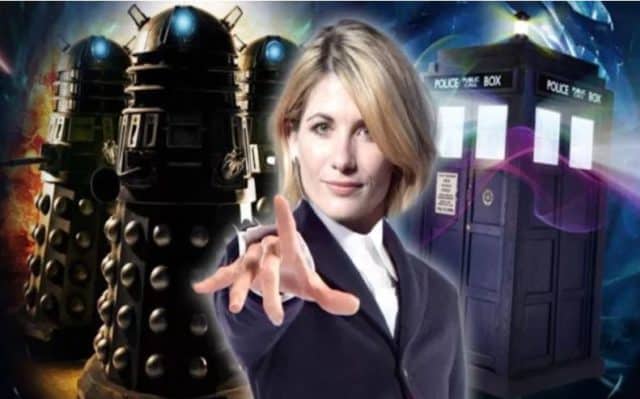
One of the great sci-fi series of the 21st century — and the 20th too, I guess — is Doctor Who. It follows an immortal alien time traveler called The Doctor whose main conceit is his ability to regenerate into a new form whenever he would have otherwise died. So instead of riddled with bullets or crushed by falling debris, his body reconfigures into new one and he moves on from there.
The thing is, though, that this isn’t just a facelift. For all intents and purposes, he becomes a completely different person: different body, different personality and different mannerism. Although they all tend to share certain traits — a fondness for the Earth, a compulsive need to protect it and a fundamental desire to “see it all” — no two Doctors are the same.
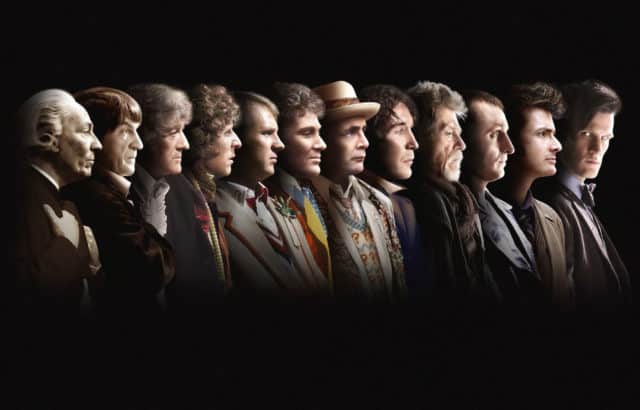
The practical reasons for this narrative trick are obvious enough. Over however many years they’re active in a given series, actors age out of a part, or lose interest in it or want to just up and do something different. It has allowed the series’ creators to change up the formula, keep things fresh and not be tied down to any one actor — or even one interpretation of the character — over its multiple decades-spanning run.
It has allowed experienced thespians like Christopher Eccleston and John Hurt to reinvent the character from the ground up, as well as fresh-faced actors like David Tennant and Matt Smith to leave their iconic stamp on a character that they grew up watching as a kid. Some actors’ careers, such as fan-favorite Tom Baker, have been completely defined by their tenure as The Doctor. Others, such as Peter Davison, merely count it as one role among many that they’ve played in an independently impressive career.
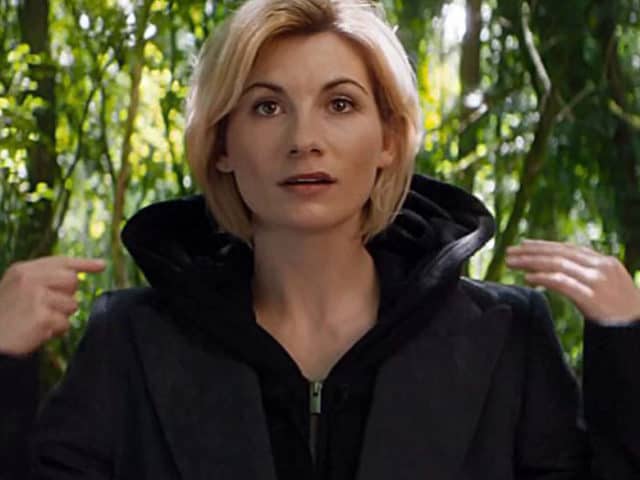
Sadly, it has reached that point once more. Peter Capaldi, who played the role since 2013, is leaving the show, and the BBC just announced his replacement. The Doctor’s thirteenth incarnation will be played by Jodie Whittaker: the first woman to ever do so.
When it comes to capable talent, the BBC could hardly have picked a better candidate. She is an accomplished television actress who has proven herself more than capable of tackling a role of this magnitude. She appeared in the cult favorite series Black Mirror — a modern, British version of anthology series like The Twilight Zone — and had an impressive 24 episode run on Broadchurch, where she acted alongside former Doctor David Tennant.
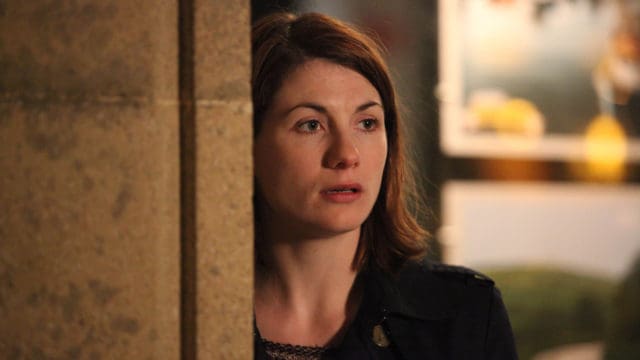
And for a series whose protagonist regularly rewrites his DNA as a major plot point, finally passing the reigns to somebody other than a white male is long overdue. The series’ main character has access to the whole spectrum of humanity — gender, race, ethnicity, age, personality — and this is the one time that he (she, now, I suppose) has deviated from the very specific mold that she started as.
This is an incredibly exciting casting decision that could have ramifications for the series for years, if not decades, to come. Not only does this offer an unprecedented opportunity to explore the character from a radically different perspective, it opens the door for future regenerations to become even more diverse and inclusive.
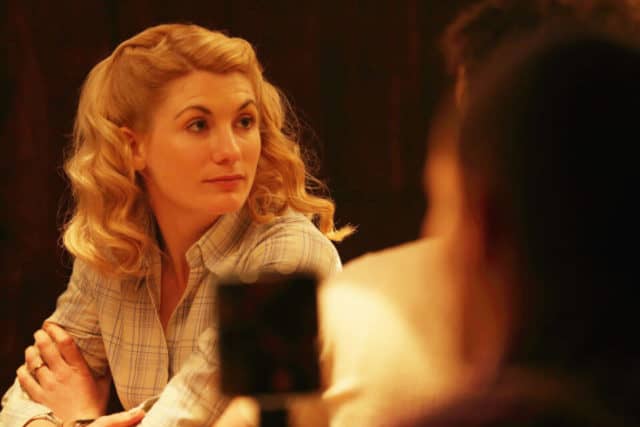
How does Idris Elba, a name frequently floated to play the next James Bond,, as the 14th Doctor sound? What about Naomie Harris, who was a visible presence in both 28 Days Later and the recent Bond movies? Or Nathalie Emmanuel, a notable player in both Game of Thrones and the Fast and the Furious movies? I’m sure that London-born Dev Patel, the Oscar-nominated actor who starred in both Slumdog Millionare and Lion, or Scottish-born Katie Leung, best known for playing Cho Chang in the Harry Potter movies, would jump at the opportunity, if offered.
The possibilities are literally endless at this point. The Doctor is more than just a scruffy-haired white guy and it’s fantastic that the BBC is starting to realize that.
 Follow Us
Follow Us





